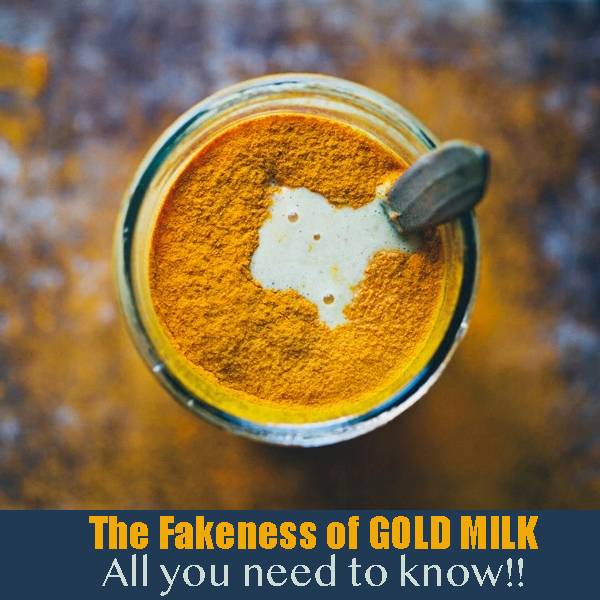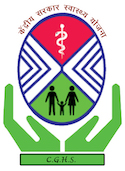Malas
The human body is nourished by the elements of air, water and food from the external world, by converting these products in bodily assimilable form through the process of digestion. During this process of digestion at macro and micro levels, there are also certain bi-products which are produced in the body as excretory wastes. These products are not useful for the body and hence are regularly disposed off. If these products are not excreted on a regular basis they can prove harmful for the body. These elements are completely opposite to those of Dhatus and hence these excretory wastes are known as ‘Mala’ ‘Malinikaranata Mala’. There are several different excretory wastes formed during the various stages of digestion out of which the Stools or Purisha, Mutra-urine and Sweda-Sweat are the main excretory wastes. Miscellaneous waste includes tears (eye), spit (tongue), oily secretions (skin), mucoid secretions (mucus membrane),Malas (bodily wastes) help maintain the functioning of our organs.
Purisha:- Purisha is the excretory bi-product of the process of digestion of food material and is therefore known as ‘Anna Mala’. Purisha is also Pancha Mahabhautika by constitution, but exhibits the dominance of Vayu and Agni Mahabhoota. The Pitta which is secreted into the Grahani form liver for digestion mixes up with the food and is later excreted along with it. This causes the stools to appear yellowish in colour. The quantity of excreta is determined by the attributes of food ingested and also on the process of digestion taking place in the Maha Srotas. The intake of leafy vegetables or the food material with a dominance of Prithvi attributes increases the amount of excreta produced as these substances provide the necessary roughage or bulk. On the other hand, the intake of diet of Laghu attribute reduces the quantity of Purisha.
Feces (purisha) provide support and tone, as well as maintaining the temperature of the colon. Improper functioning can lead to Vata illness like worry, fear, ungroundedness, nervousness, headaches, gas, distension, and constipation. Functioning of the feces is damaged by excessive use of purgatives, colonics, worry, and fear (fear can both create improper functioning or be a by-product of this dysfunction). It is also damaged by excessive travel, the wrong foods (such as “junk food,” or those foods that are too light or too heavy), oversleeping, coffee, drugs, antibiotics, insufficient exercise, and prolonged diarrhea. In Ayurvedic literature it has been clearly stated that debilitated persons suffering from tuberculosis should not be given any kind of purgatives, as it is the feces that preserve the temperature of such persons.
Mutra : – The Mutra is fluid, exhibiting the dominance of Jala and Agni Mahabhoota. It is a clear fluid with a yellowish tinge to its colour. It is Lavana and Katu in Rasa and also displays a typical foul odor. Urine (mutra) expels water and other solid wastes from the body. To expel the waste material out of the body is the main function of Mutra. The Mutra excretes all the bodily wastes formed as a result of various metabolic processes going on the body, and thereby helps to keep the body clean. It also performs the important function of regulating the proportion of Apa Dhatu present in the body. The amount of urine obviously also depends on the amount of fluid intake, the increase in fluid intake leads to formation of large amounts of Mutra and vice-versa. Poor urine elimination results in bladder pain or infection, difficult urination, fever, thirst, dry mouth, or dehydration. Diuretic drugs, alcohol, excessive sex, trauma, fright, or too few liquids damage it.
Sweda: – The fluid element expelled out of the small pores on the body due to heat or activity in known as Sweda or sweat. The word Sweda literally means the element expelled out of the body due to fomentation or heat treatments. Sweda is formed as the Mala of Meda Dhatu and the main location of Sweda Vaha Srotas are also described as Meda and ‘Romakupa’ or the small pores on the skin. The Sweda is formed as an excretory by product of the digestion of Poshya Meda Dhatu by the Meda Dhatwagni in the Meda Vaha Srotas. Sweat (sweda) controls the body temperature by way of expelling excess water and toxins, cools the body, moistens the skin and hair, carried excess fat from the body, and purifies the blood. Excess sweating can cause skin diseases (usually Pitta related) like eczema, boils, fungus, burning skin, dehydration, fatigue, or convulsions (Váyucaused). Deficient sweating can result in stiff hair, skin fissures, dry skin, dandruff, wrinkles, or susceptibility to colds and flu (i.e., peripheral circulation). Too much dry food, lack of salt, excess or deficient exercise, and excessive use of diaphoretic herbs or excess sweating damage the sweating functions.














